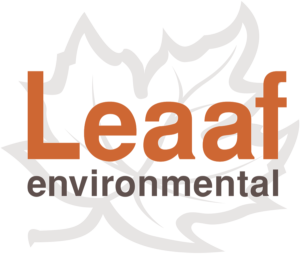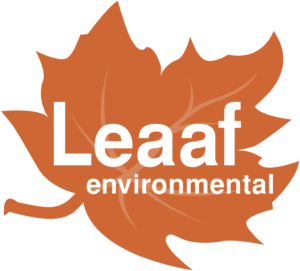The EPA recently announced several new EPCRA TRI reporting requirements, which means you may need further reporting.
The Emergency Planning and Community Right-to-Know Act (EPCRA) Toxic Release Inventory (TRI) Reporting tracks the management of certain toxic chemicals that could pose a threat to the environment and human health. It’s required for some industrial industries and federal facilities to report annually how much of each chemical they release into the environment or if they recycle, recover energy, or use treatments, so we can measure their chemical releases and prevent pollution. Under section 313 of EPCRA, TRI reporting is required. It’s not to be confused with Tier II reporting, which is required under section 312 of EPCRA. Both reports are a requirement – one does not fulfill the other.
What is new?
On October 21, 2022, EPA finalized the rule codifier on the definition of “parent company” for TRI reporting purposes, which requires facilities to report the name of their highest-level parent company on their reporting form. This rule, which will apply in CY 2023 for reports due on July 1, 2024, will also require TRI facilities with a foreign parent company to report the name of their highest-level foreign parent company 87 FR 63950 (Oct. 21, 2022).
More recently, on November 28th of this year, EPA finalized a rule to update the NAICS codes for TRI reporting impacting reporting for CY 2022 due July 1, 2203. 87 FR 72891 (Nov. 28, 2022).
Just two days later, EPA added 12 chemicals to the EPCRA TRI list including the classification of HHCB as a PBT chemical with a 100-pound reporting threshold. These 12 new TRI chemicals will be subject to new reporting requirements starting in CY 2023 for Form R reports due July 1, 2024. 87 FR 73475 (Nov. 30, 2022).
Finally, on December 5, 2022, EPA proposed a rule that would expand reporting of per- and polyfluoroalkyl substances (PFAS) to the TRI by, among other proposed changes, eliminating an exemption that allows facilities to avoid reporting information on PFAS when those chemicals are used in small, or de minimis, concentrations. 87 FR 74379 (Dec. 5, 2022).
Failure to comply with the reporting requirements may expose your organization to substantial civil penalties. Are you keeping track of all these changing environmental regulatory requirements? If not, we are here to help!





